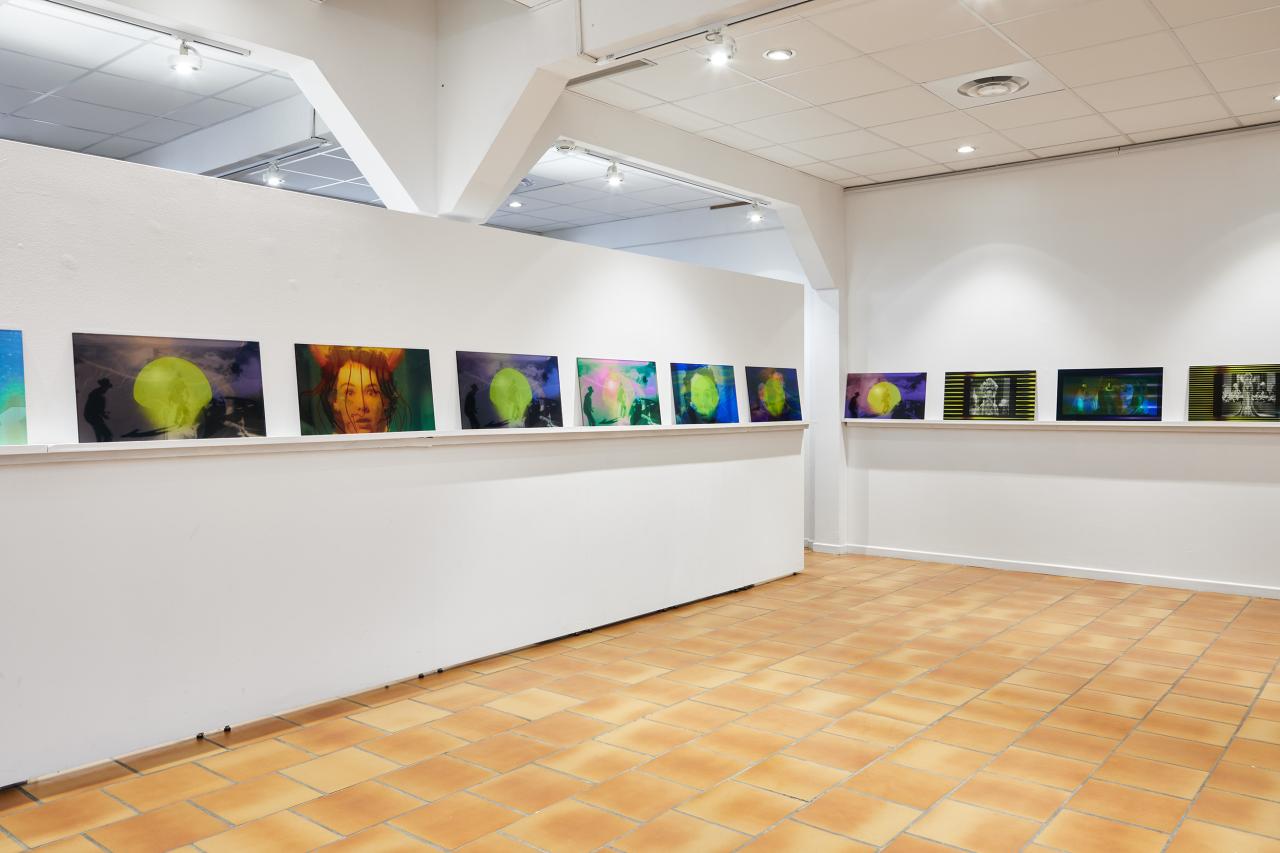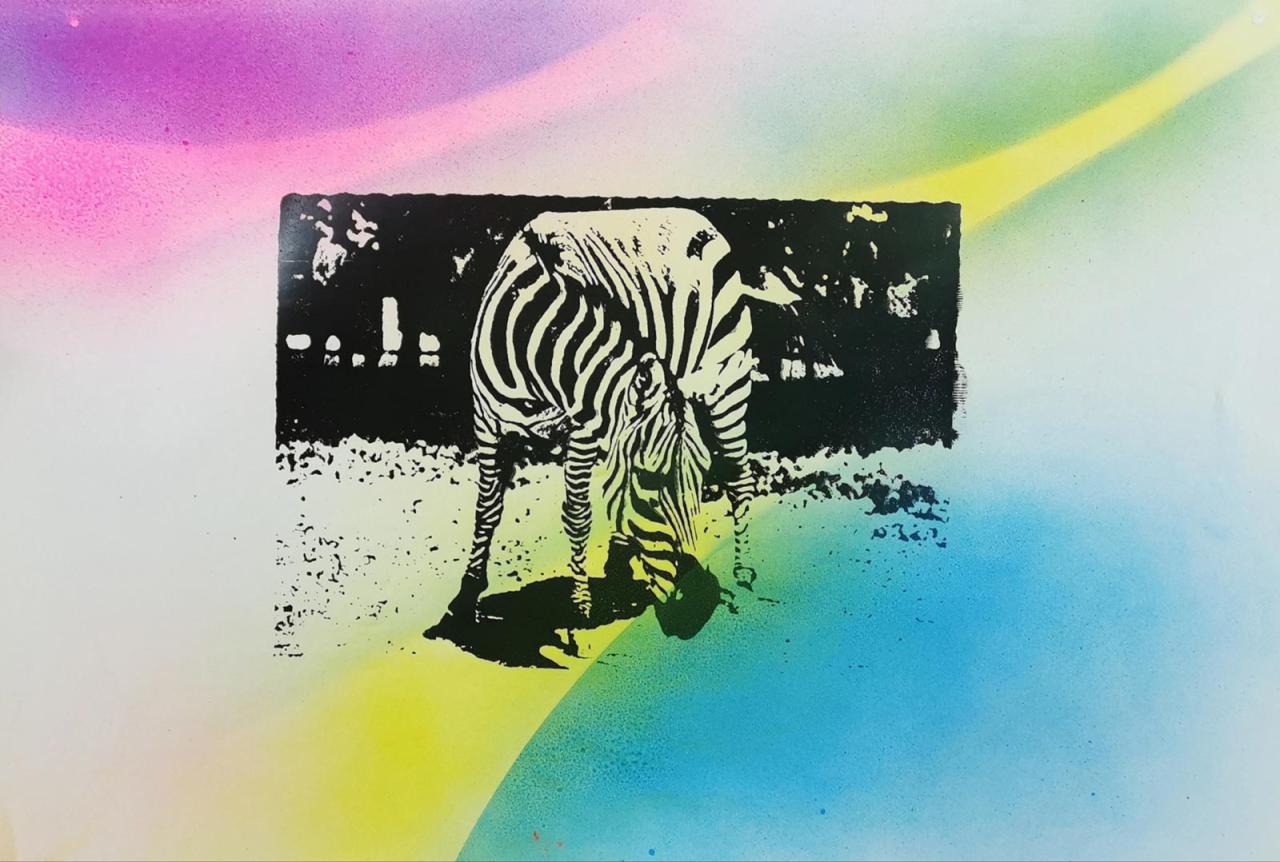Véronique Rizzo
Born in 1963
Lives and works in Marseilles


Véronique Rizzo's work is based on an in-depth knowledge of the great moments in recent art history. Oriented mainly towards abstraction (from the Russian avant-gardes to Op Art, by way of Concrete Art and the Bauhaus...), this precise understanding lays the foundations for a praxis which redefines, contradicts and amplifies these theoretical bases, and is separate from them.
Véronique Rizzo functions by the yardstick of the transformations of the world and questionings, as well as of the failure and success of the ideological programmes which went hand in hand with modernist abstractions. Casting a by turns ironical and partisan eye over this formal thinking, she draws her plastic vocabulary from these geometries, filled with meaning. Be it the motifs of Vasarely in her video Tilos, or those of Jean Arp and Pol Bury in Gestalt they represent the base of an art which, in the age of digital techniques, is re-enacting these visual experiments, informing them and mixing them...
Because the arrested image of painting is followed by the movement of video, because the confinement of pure and autonomous form is replaced by the inclusion of motifs hailing from popular culture. The credits of TV programmes and films form the 1960s and 1970s, comic strips, science fiction, urban cultures, electronic music, psychedelics... everything meets and coincides in one way or another in this synthetic oeuvre.
And since utopias have succumbed to the fire of overly rational politics, because kinetic forms have been caught up with by the industry of mass communication, visual identity, and the permanence of the image, Véronique Rizzo thus takes cognizance and plays the game of the sensorial and the sensational.
The videos (installations) which she produces have a vibratory charge which invariably puts them on the side of physical experience. At times oppressive (Panopticon XXX), resounding (Tilos), narrative (Green Labyrinth), or hypnotic (Sun1), they express with intensity the emotional power of form. If Véronique Rizzo's work can be seen as a process of questioning, it must also be understood as an assertion, one which gives voice to the validity of the motif over a physical reality. It is this operative force which can be straightforwardly read in this living and sensitive geometry.